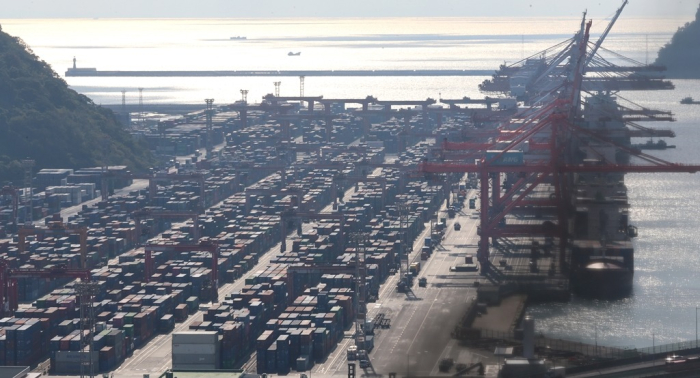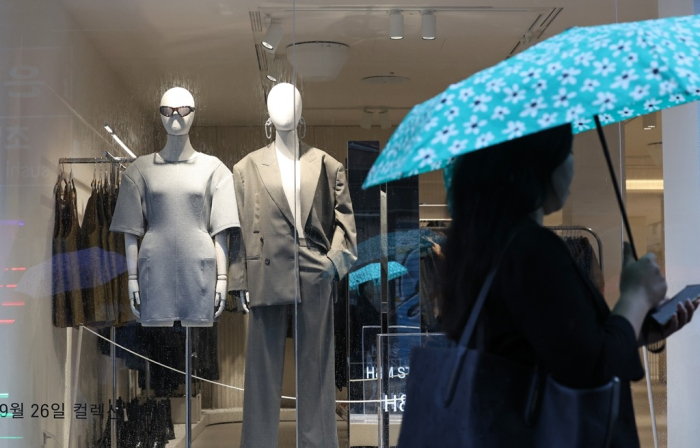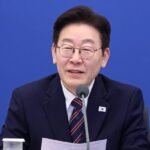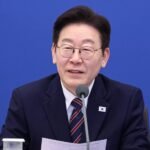
South Korea’s export growth fell to a 14-month low in November with shipments to the world’s two biggest markets the US and China down, adding to expectations that the central bank is likely to cut interest rates further to prop up Asia’s fourth-largest economy.
Exports rose 1.4% to $56.4 billion last month from a year earlier, the slowest pace since September 2023 when overseas sales fell 4.4%, data from the Ministry of Trade, Industry and Energy showed on Sunday.
The ministry said a strike at an auto parts maker and shipping delays due to bad weather contributed to the sluggish exports. Overseas sales of automobiles fell 13.6%, their largest drop since June 2020.
“We suffered from unexpected negative factors for exports in November including a decrease in car production due to a strike at an auto parts maker and logistics disruptions caused by bad weather,” said Minister of Trade, Industry and Energy Ahn Dukgeun in a statement.
Hyundai Motor Co. and Kia Corp., South Korea’s two largest carmakers, faced disruptions in local production as their auto parts subsidiary halted operations at a plant due to a labor strike over bonuses and other benefits.
DROP IN EXPORTS TO THE US, CHINA
Sales to China, South Korea’s top overseas market, dipped 0.6% on-year, the first decline since February, while exports to the US fell 5.1%, the first drop since July 2023, according to government data.
The data came even before US President-elect Donal Trump, who pledged to impose massive tariffs on major trading partners such as Canada, Mexico and China, takes office.
The move is expected to take a toll on the South Korean economy and companies, industry sources said.
The Bank of Korea (BOK) cut its economic growth forecast for this year and next by 0.2 percentage point to 2.2% and 1.9%, respectively, last month.
Some economists, however, expected the economy to miss the 2024 growth target as industry output, retail sales and investment fell in October.

TO CUT INTEREST RATES MORE
The central bank is expected to cut interest rates further in the first quarter of 2025 to revive the economy after unexpectedly lowering them for a second straight meeting last month, a survey of The Korea Economic Daily showed.
Nineteen bond market analysts out of 23 predicted another cut in January-March, according to the poll conducted before the trade data was released.
Among those who expected further easing, 11 analysts said the BOK would slash its policy interest rates in February.
“It is hard to estimate the fourth quarter growth rate on Jan. 16 when the BOK holds a policy meeting,” said Kim Sanghun, an analyst at Hana Securities Co. “I expect a cut in February after Trump takes office.”
By Jung-hwan Hwang and Yeong-Hyo Jeong
jung@hankyung.com
Jongwoo Cheon edited this article.















